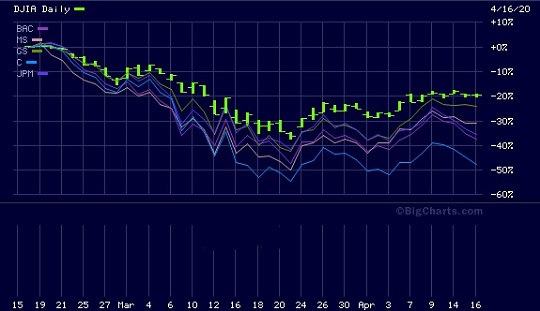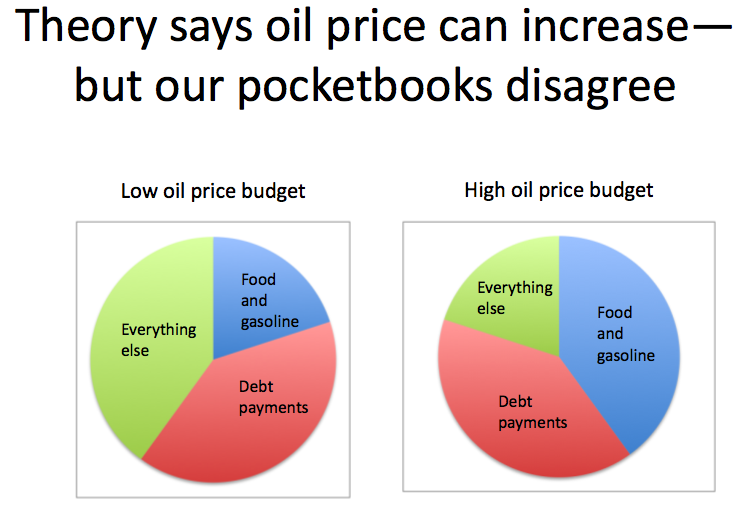Investing in the stock market requires careful analysis and consideration of various factors. One sector that has consistently shown promising returns is discretionary stocks. These stocks belong to companies that offer non-essential goods or services, which consumers can choose to purchase based on their personal preferences and desires.
In this article, we will delve into the world of top discretionary stocks and explore why they are crucial for investors seeking long-term growth.
By understanding how to identify these stocks, analyzing their financial performance, evaluating management effectiveness, and considering consumer behavior, readers will gain valuable insights into making informed investment decisions.
Introduction to Discretionary Stocks
Discretionary stocks encompass industries like retail, entertainment, travel, and luxury goods. Unlike essential items, these stocks represent companies that cater to consumer wants rather than needs. Industries such as fashion retailers, restaurants, and vacation providers fall under this category.
Investing in discretionary stocks can be profitable during economic upturns. As consumer confidence and disposable income increase, individuals are more likely to splurge on non-essential purchases. This drives up revenues for companies in the discretionary sector.
In summary, discretionary stocks include industries that fulfill consumer wants. They offer potential for investors during economic growth when people are more willing to spend on non-essential items.
Identifying Top Discretionary Stocks
To identify top discretionary stocks worth investing in, thorough research and analysis using a multifaceted approach is crucial. Consider these key factors:
Stay updated with industry trends by analyzing market reports, consumer behavior studies, and emerging technologies.
Examine financial statements for consistent revenue growth, strong profitability margins, and a healthy balance sheet.
Assess the experience, track record, and strategic vision of company executives to ensure effective leadership.
Analyze market research data, customer reviews, and social media sentiment to gauge consumer demand.
Identifying top discretionary stocks requires comprehensive research into industry trends, financial performance, management quality, and consumer behavior. By considering these factors, investors can make informed decisions that maximize their chances of success in the discretionary sector.
Top Discretionary Stocks Worth Considering in Today’s Market
Investing in discretionary stocks, which represent non-essential industries driven by consumer choice, can offer potential growth and returns.
Two notable companies to consider are XYZ Corporation, a leading fashion retailer known for its trendy clothing lines targeting young adults, and ABC Inc, specializing in luxury travel experiences for affluent travelers. XYZ Corporation’s strong revenue growth is fueled by its loyal customer base and innovative marketing strategies.
ABC Inc has shown resilience by adapting to changing travel trends and stands out from competitors by providing exclusive access to hidden gems worldwide with exceptional customer service.
Thorough research and analysis of each company’s financial performance and competitive advantage are crucial when considering these top discretionary stocks in today’s market.
Success Stories with Discretionary Stocks
Investor X, a seasoned and astute investor, achieved remarkable success by strategically investing in discretionary stocks. Through meticulous research and a deep understanding of consumer behavior, Investor X identified emerging trends and invested in companies poised for growth.
By analyzing market data, evaluating company financials, assessing management effectiveness, and conducting thorough industry research, Investor X selected top discretionary stocks.
Investments in companies like XYZ Corporation and ABC Inc yielded substantial returns due to their strong financial performance, competitive advantages, and adaptability to changing market conditions. These success stories emphasize the importance of strategic decision-making when investing in discretionary stocks.
Potential Risks Associated with Investing in Discretionary Stocks
Investing in discretionary stocks comes with certain risks that can impact their performance and profitability. Market volatility and consumer sentiment play a significant role, as economic downturns or increased market instability can lead to reduced demand for non-essential goods and services.
Regulatory changes within specific industries, like travel or entertainment, can also affect the profitability of discretionary stocks. Additionally, intense competition within the sector poses a risk to companies that fail to adapt to changing consumer preferences or evolving business models.
Conducting thorough research and analysis is crucial for investors considering discretionary stocks to mitigate these risks and make informed decisions aligned with their investment goals.
Tips for Effective Portfolio Management of Discretionary Stocks
Investing in discretionary stocks requires effective portfolio management to maximize returns and minimize risks. Here are some key tips to consider:
Spread investments across different industries or regions to reduce risk exposure and maximize potential returns.
Monitor financial performance, news updates, quarterly earnings reports, industry trends, and market conditions to make informed decisions about buying, selling, or holding stocks.
Be flexible and open to adjusting allocations within discretionary stocks to capitalize on emerging opportunities or mitigate potential risks. Regularly rebalance your portfolio based on performance and market dynamics.
Implement downside protection strategies like stop-loss orders or hedging techniques to limit losses during unexpected market volatility.
Remember that effective portfolio management is an ongoing process requiring continuous monitoring and evaluation. Stay proactive by staying informed about industry trends, economic indicators, and geopolitical events that may impact discretionary stocks.
By diversifying investments, regularly reviewing company performance, and adapting strategies based on market conditions, you can enhance the overall performance of your investment portfolio.
Conclusion
[lyte id=’VW-h0upkVz8′]






